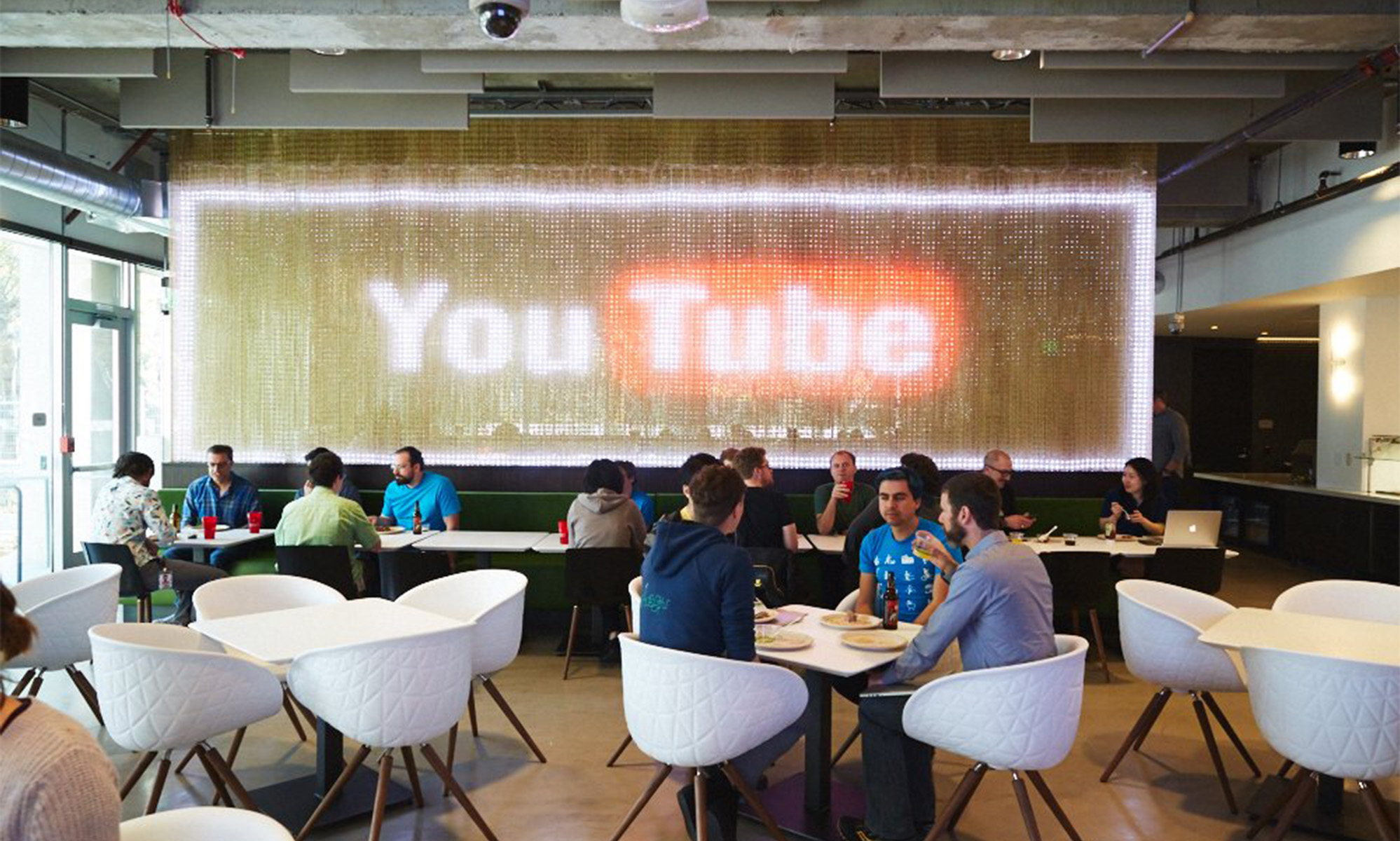If you were to believe most of the headlines surrounding Alphabet's (GOOG 0.80%) (GOOGL 0.83%) third-quarter report earlier this week, you'd be forgiven for thinking something is amiss with the parent company of Google.
On one hand -- and though Alphabet doesn't provide specific quarterly financial guidance to analysts -- revenue did climb a healthy 20% year over year (or 22% in constant currency) to $40.499 billion, around $200 million above Wall Street's models. On the other hand, net income dropped 23% year over year to $9.19 billion, or $10.12 per share, well short of analysts' consensus estimates for earnings of $12.46 per share.
Alphabet stock fell more than 2% on Tuesday in response as investors absorbed the news, although it barely offset a similar jump in Monday's trading session leading into the report.
Still, let's dig deeper to better understand the disparity between Alphabet's quarterly top-line growth and bottom-line declines.

A SELF-DRIVING WAYMO VAN. IMAGE SOURCE: ALPHABET/GOOGLE.
Remember, Alphabet splits its reporting into two primary business segments: Google and "other bets." Here's how their respective revenue and operating income fared relative to last year's third quarter.
| Metric | Three Months Ended Sept. 30, 2019 | Three Months Ended Sept. 30, 2018 | Change |
|---|---|---|---|
| Google revenue | $40.344 billion | $33.594 billion | 20.1% |
| Google operating income | $10.865 billion | $9.49 billion | 14.5% |
| Other bets revenue | $155 million | $146 million | 6.2% |
| Other bets operating income (loss) | ($941 million) | ($727 million) | N/A |
Data source: Alphabet.
"We manage our business for the long term"
To be clear, Alphabet's profitability was negatively impacted this quarter by two large items. First, operating income took a $554 million hit related to a recent $1 billion tax settlement in France, an expected cost given wide press coverage of the event last month. And second, it incurred a $1.53 billion unrealized loss on equity investments -- a slightly more difficult-to-predict line based on Alphabet's stakes held in other companies such as Uber and Lyft -- versus a $1.38 billion gain in last year's third quarter.
Earnings also suffered as Alphabet's other costs climbed. Research and development expenses rose 25% to $6.55 billion, while sales and marketing costs jumped 20% to $4.61 billion. On a consolidated basis, total cost of revenue excluding traffic acquisition costs (more on TAC below) grew 23% to $17.6 billion. That was primarily driven by a 31% increase in "other" costs of revenue due to "Google-related expenses" such as investments in data centers, content acquisition for YouTube, and "Made by Google" hardware product costs.
Alphabet CFO Ruth Porat called it "another quarter of strong performance," adding, "We continue to invest thoughtfully in talent and infrastructure to support our growth, particularly in newer areas like Cloud and machine learning."
Porat was more assertive regarding Alphabet's strategy during the subsequent conference call, reminding analysts, "We manage our business for the long term and not on a quarterly basis, and we remain very focused on continuing to enhance the experience for users and advertisers over the long term."
A solid core, excitement within "other bets"
Still, Google's core ad business remains strong, with advertising revenue rising 17.1% to $33.916 billion. Within that, ad revenue from Google's own properties increased 19.1% to $28.647 billion, hampered somewhat by a more modest 7.5% jump from network members' sites to $5.269 billion. But perhaps most encouraging, traffic acquisition costs climbed a modest 14% -- trailing well below that of consolidated revenue growth -- to $7.49 billion, or 22% of total advertising revenue (down from 23% a year ago).
Google's non-advertising businesses continued to outperform, with revenue soaring 38.5% to $6.428 billion, led as usual by growth in Cloud, Google Play products, and follow-on sales from last quarter's launch of Google's new Pixel 3a midtier smartphone.
Meanwhile, the "other bets" segment remained profoundly unprofitable, as expected given it's a conglomeration of early-stage (often pre-revenue) subsidiaries with enviable long-term potential. During the call, Porat lauded a number of exciting developments at the Waymo self-driving vehicle business, including the start of 3D mapping in L.A. during the quarter, long-haul truck driving tests underway, and "fully driverless opportunities" being given to participants in Waymo's Early Rider program in the Phoenix metro area. The Wing business also recently launched its first commercial drone-delivery service to homes in Virginia under a partnership with FedEx and Walgreens.
Looking ahead
Here again, Alphabet management does not provide specific quarterly guidance, and this quarter's commentary was no different. But Porat did suggest foreign exchange will remain a headwind to top-line growth in Q4. And it should come as no surprise that she elaborated Alphabet fully intends to continue investing "meaningfully and thoughtfully for the long-term opportunities that we see."
That's fair enough; any astute tech investor should know those investments are crucial for maintaining Alphabet's industry leadership and sustaining its incredible top- and bottom-line growth in spite of building on a larger base. With that in mind, I'll happily reiterate my stance that Alphabet stock remains a buy.







